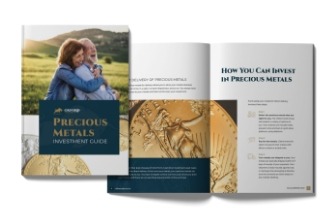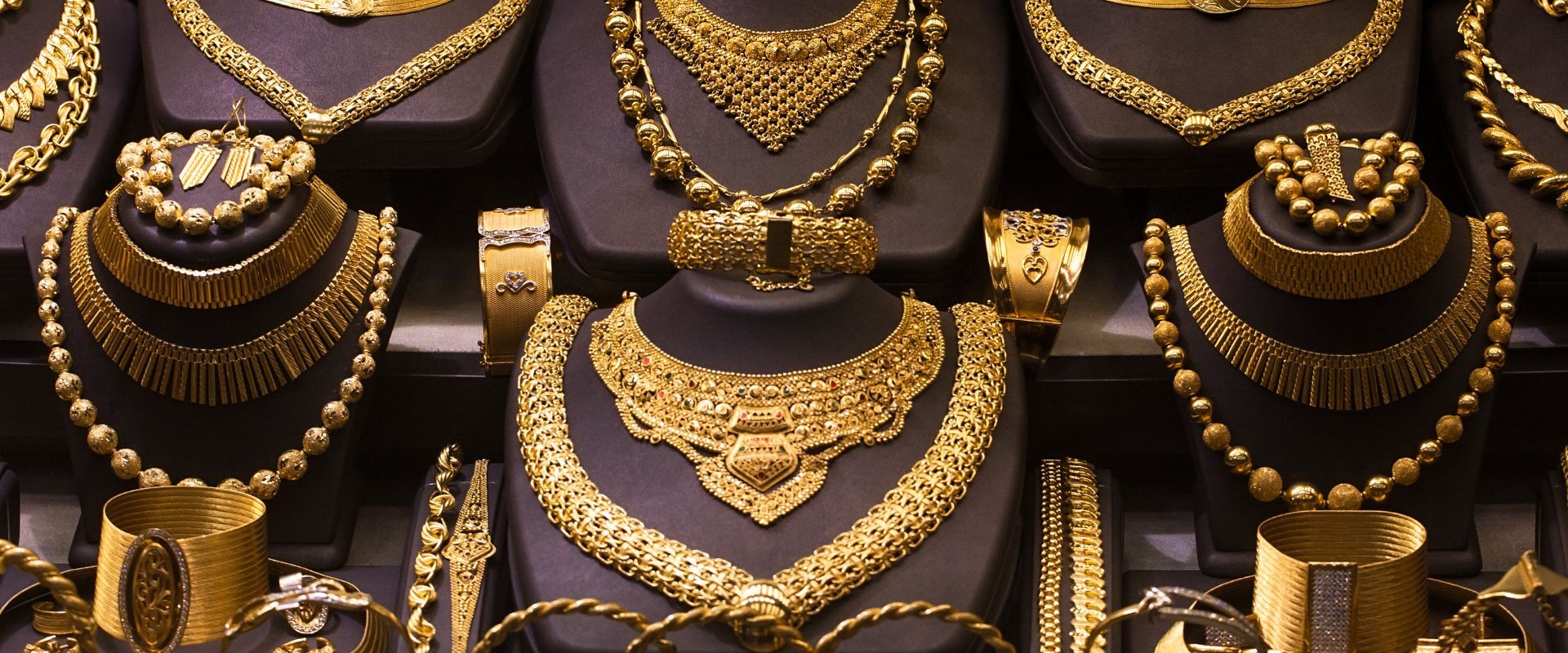The central bank of Turkey decided to offload its gold reserves this month as an attempt to meet the growing domestic demands after restraining imports in February. The demand for gold in Turkey only continues to skyrocket as the nation’s inflation levels soar, reaching highs of 85%. With this level of hyperinflation, citizens must seek alternatives for protecting their purchasing power, and the primary strategy in doing so is gold.
Between local currency devaluation and inflation, the nation chose to sell off some of its gold reserves so citizens could purchase gold for their investment strategies. Recent data shows that Turkey’s central bank’s gold reserves dropped by 9% over the last seven weeks.
According to the World Gold Council, Turkey sold 15 tons of gold in March as well, signifying its first monthly net sale in over a year. Prior to March 2023, Turkey’s central bank hadn’t netted any monthly gold reserve figures since November 2021.
March’s sale lowered the nation’s reserves to 572 tons. The sale came as a bit of a shock, considering Turkey was 2022’s top central bank gold buyer, with its residents’ gold consumption rates at an enormous high.
According to the World Gold Council, Turkey increased its gold reserves from 148 tons to 542 tons in 2022, marking the highest-ever purchase year on record for the nation. Coming out of the record-breaking year, Turkey’s gold imports from Switzerland in January hit a record high of 58.3 tons, valued at $3.6 billion. After over a year of monstrous gold purchases, Turkey entered 2023 on fire.
Come February, however, the central bank began calming its strategies. The first step was to begin restricting gold imports. The import cut came as an attempt to reduce the current Turkish account deficit.
The growing gold imports were only adding to the enormous deficits on Turkey’s plate. In February, the total rang in at $8.78 billion. The month before, the total was $10 billion—a record high for Turkey.
Clearly, the import-cut strategy worked.
However, the strategy had political motives as well. Turkish President Recep Tayyip Erdogan wanted to cut deficits before the next month’s elections and evidently managed to do so.
Since implementing the plan to cut imports, Switzerland’s exports to Turkey dropped to 10,748 kg in March. To put this figure into perspective, Switzerland exported 43,217 kg to Turkey in February.
Another factor at play in Turkey’s decision to sell gold reserves may have been the earthquakes in early February. On February 6, a 7.8 and 7.5 magnitude earthquake struck Turkey and Syria, causing 59,259 deaths and 121,704 injuries. What’s being considered the most severe earthquake to hit the area in the last 100 years caused approximately $34 billion in destruction, about 4% of Turkey’s yearly economic output.
Following this catastrophic event, Turkey issued a regulation to pause gold purchases from other nations that were categorized as “cash against goods.” Again, at this time, gold imports were one of Turkey’s largest expenses contributing to its deficit. After the twin earthquakes, the nation could no longer afford such large imports.
While Turkey may be selling off gold and cutting back imports, that doesn’t mean other central banks will follow suit. Turkey’s situation is unique, given the severity of its recent natural disaster and devaluation of its local currency, the lira. Turkey’s central bank realized it needed to take a break from gold buying to catch up on its deficit, though many other nations have no such plans.
In the HSBC Reserve Management Trends Survey with 83 central banks, over two-thirds responded that they believe their peers will continue purchasing more gold throughout 2023. Survey responders explained that inflation and geopolitical risks will push central banks to stockpile more gold.
“Traditionally, central bank demand is considered a second-order price driver, as buying activity rarely meets the same scale of flows related to ETFs, hedge funds, and other investment demand. But this all changed in 2022. Central bank buying was strong last year—the highest level of annual demand on record dating back to 1950,” UBS, a Swiss-based investment firm offering financial services to over 50 nations, explains. “Central banks’ share of total demand was 23% in 2022, versus 8 to 14% between 2011 and 2019.”
With this rise in gold purchases comes a rise in gold prices, regardless of Turkey’s actions. “We prefer gold as a buy in a portfolio context and forecast prices to touch USD 2,100/oz by end-December and USD 2,200/oz by end-March 2024,” UBS concludes.








